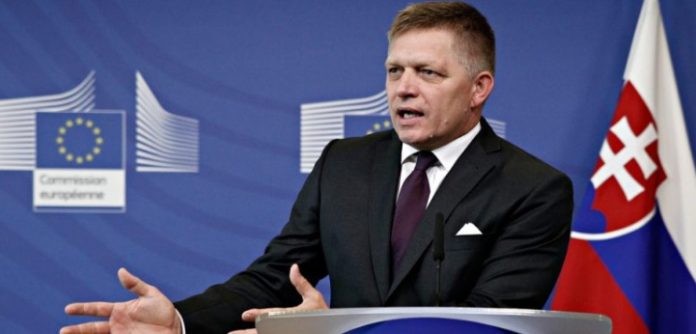Slovakia’s Justice Ministry has begun work on reforming the criminal code – a key part of Smer’s promises. People associated with Prime Minister Robert Fico’s Smer party who have been prosecuted for corruption charges can now get off with an insignificant punishment rather than a prison sentence.
This reform is one of Smer’s key promises, intended as a response to “the abuse of criminal law against the opposition in Slovakia.” However, Fico also argues that Slovakia faces the problem of overcrowded prisons. He claimed, adding that the judicial system should choose alternative sentences or electronic tagging more frequently:
We have two options. Either the new prisons will be built, or we will adopt such a policy which would guarantee only those who are supposed to be in jail will be there.
Last year, current Deputy Prime Minister Tomáš Taraba (for SNS) proposed to soften the penalties for corruption, including the possibility for fraudsters from EU funds to escape punishment by actively repenting and returning the misused money.
However, his proposal was not favoured at the time. However, Taraba is now an influential member of the current coalition and has enough votes to pass the amendments.
It is not yet known whether the Ministry of Justice will take Taraba’s example. If so, it will affect current cases that are still under investigation or in litigation. As Denník N previously reported, Norbert Bödör, an oligarch from one of the biggest corruption cases, nicknamed “the cattleman”, is suddenly facing only a suspended sentence instead of a prison term of up to 12 years.
If the proposed reform also reduce sanctions for fraud with EU funds, it could lead to infringement proceedings or even suspension of Bratislava’s funding, the European Prosecutor’s Office noted last year.
In a meeting with European Commission President Ursula von der Leyen in October, Fico asked the European Commission for consultations on criminal code reform, to which von der Leyen agreed.
